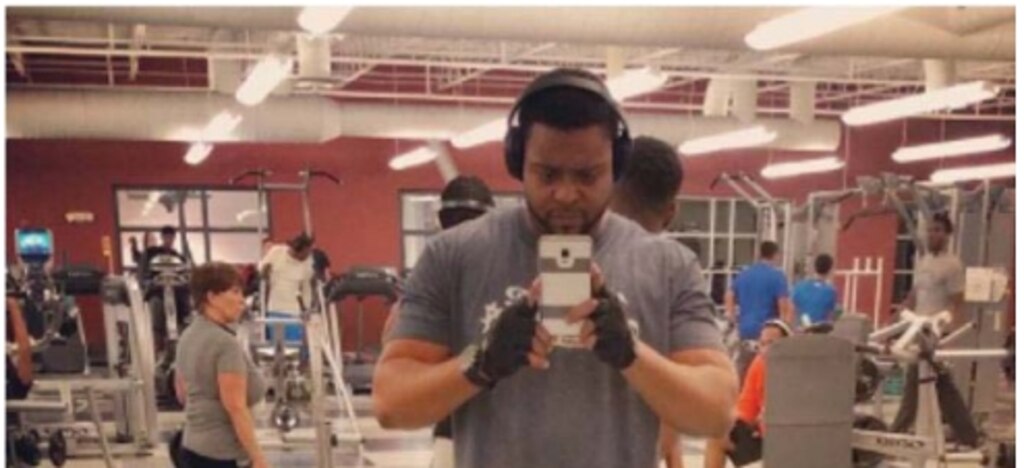A U.S. Army veteran was found guilty on Tuesday of wire fraud and theft for faking paralysis and making false statements to rake in more than $767,000 in benefits that he had not been entitled to receive.
William Rich, 43, of Windsor Mill, did not visibly react when the verdict was read in U.S. District Court in Baltimore. The jury deliberated for less than 90 minutes and convicted him of five counts of wire fraud and one count of theft of government property.
Rich served in the Army from 1998-2007. He was hurt in a suicide bombing at a dining facility in Baqubah, Iraq, on Aug. 23, 2005.
Federal prosecutors alleged that Rich was entitled to receive disability compensation, but not special money for permanently losing the ability to use his legs. He was at one point receiving an extra $4,000 per month.
Rich took part in physical therapy and was able to walk and go about his daily life with little assistance as early as 2006. But prosecutors asserted that he did not report improvements in his condition.
“We’re here today because of the actions of Mr. Rich,” Special Assistant U.S. Attorney Kertisha Dixon said in her closing argument.
“He could’ve just told the truth,” she added. “He didn’t. And those actions bring us here today.”
The U.S. Department of Veterans Affairs Office of Inspector General launched the investigation in 2018 as part of a proactive effort to root out fraud, waste and abuse.
During a recorded phone with the VA on Feb. 4, 2021, Rich said he could not carry items up the stairs or walk.
“I’ve been in a wheelchair since 2005,” Rich said. “My status is permanent, not temporary.”
Law enforcement surveilled Rich. Investigators recorded videos or obtained surveillance footage of him walking without any help outside his home, going up to a food truck and “strolling through the mall getting cookies.”
Prosecutors also presented photos and videos from his social media that showed him working out in his basement gym.
The VA sent Rich to two appointments to review his status.
During one appointment on June 17, 2021, Rich showed up to the VA in a wheelchair and reported that he had a total loss of strength in both of his feet. But the government showed surveillance footage of him from later that day walking around Sam’s Club.
In an interview with investigators, Rich admitted that he could walk and was not paralyzed. He said was not trying to defraud the government and used the money to provide for his family.
“I’m not taking trips. I’m not partying. I’m not drinking and doing anything like that,” Rich said.

Gerald Ruter, Rich’s attorney, said in his closing argument that the government had not proven its case beyond a reasonable doubt.
Ruter said he did not dispute that his client got more money than he was entitled to receive.
“The issue is whether or not he committed fraud to get that award,” Ruter said. “That’s the issue.”
“The government says Mr. Rich is to blame,” he added. “The VA is to blame.”
Rich used a walker to enter and exit the courtroom inside the Edward A. Garmatz U.S. Courthouse and wore sunglasses after reporting that he experienced light sensitivity.
U.S. District Judge Brendan A. Hurson said he would schedule sentencing at a later date.
Outside the courtroom, Ruter described his client as a patriot, hero and good man.
Rich’s mother, Charisse Gordon, asked, “How do you put a dollar amount on life-changing injuries?”
She recounted the call she received from the military about his devastating injuries and recalled not recognizing him at first at Walter Reed Army Medical Center.
Gordon said her son sometimes cannot leave bed for days. Rich, she said, did not have a chance to live a normal life with his children.
Said Gordon: “He don’t deserve this.”



Comments
Welcome to The Banner's subscriber-only commenting community. Please review our community guidelines.